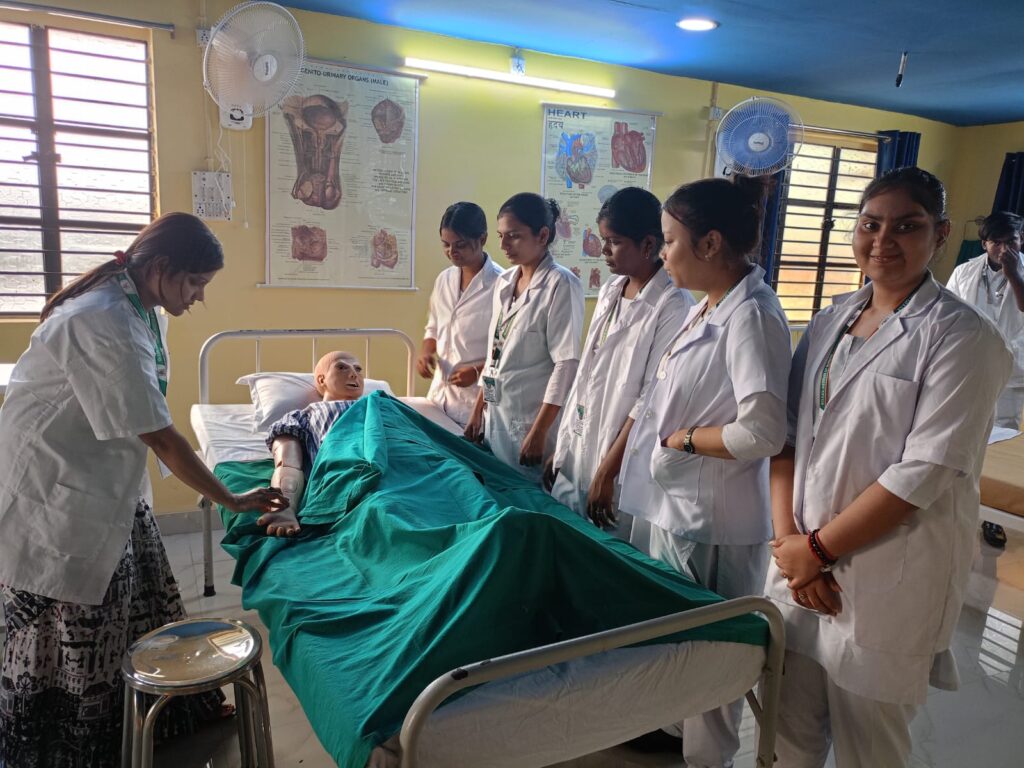Nurse practitioners (NPs) play a crucial role in modern healthcare, providing comprehensive and patient-centered care across various healthcare settings. As highly skilled and specialized healthcare professionals, NPs contribute significantly to improving patient outcomes, promoting preventive care, and addressing the evolving healthcare needs of communities. In this blog post, we’ll explore the vital role of nurse practitioners in modern healthcare, highlighting their skills, responsibilities, and impact on patient care and outcomes.
Advanced Education and Training:
Nurse practitioners undergo extensive education and training, typically earning a Master of Science in Nursing (MSN) or Doctor of Nursing Practice (DNP) degree. Their education encompasses advanced clinical skills, diagnostic reasoning, pharmacology, patient assessment, and evidence-based practice.
Scope of Practice:
Nurse practitioners have a broad scope of practice that allows them to assess, diagnose, treat, and manage acute and chronic health conditions. They can prescribe medications, order diagnostic tests, interpret results, develop treatment plans, and provide holistic care to patients of all ages.
Primary Care Providers:
NPs often serve as primary care providers, offering a wide range of healthcare services, including routine check-ups, vaccinations, screenings, health counseling, and chronic disease management. They focus on preventive care, health promotion, and early intervention to improve patient wellness and quality of life.

Specialized Areas of Practice:
Nurse practitioners can specialize in various healthcare areas, such as family medicine, pediatrics, women’s health, geriatrics, mental health, oncology, and acute care. Their specialized knowledge and skills allow them to address specific patient populations and healthcare needs effectively.
Collaborative Care Model:
NPs work collaboratively with physicians, nurses, specialists, and other healthcare professionals in a team-based care model. They collaborate on patient care plans, consult on complex cases, provide continuity of care, and ensure seamless transitions between healthcare settings.
Patient Advocacy and Education:
Nurse practitioners advocate for patient-centered care, informed decision-making, and health literacy. They empower patients and families by providing education on health conditions, treatment options, self-care strategies, and lifestyle modifications for optimal health outcomes.
Access to Care:
With a growing demand for healthcare services, nurse practitioners play a vital role in increasing access to care, especially in underserved communities and rural areas. They bridge gaps in healthcare delivery, improve healthcare equity, and enhance patient satisfaction and outcomes.
Conclusion:
Nurse practitioners are integral members of the healthcare team, contributing to the delivery of high-quality, accessible, and patient-centered care. Their advanced education, specialized skills, collaborative approach, and focus on preventive care make them essential healthcare providers in meeting the diverse healthcare needs of individuals and communities. Explore opportunities in nursing careers and advanced education at reputable nursing institutes to embark on a rewarding and impactful career as a nurse practitioner.

